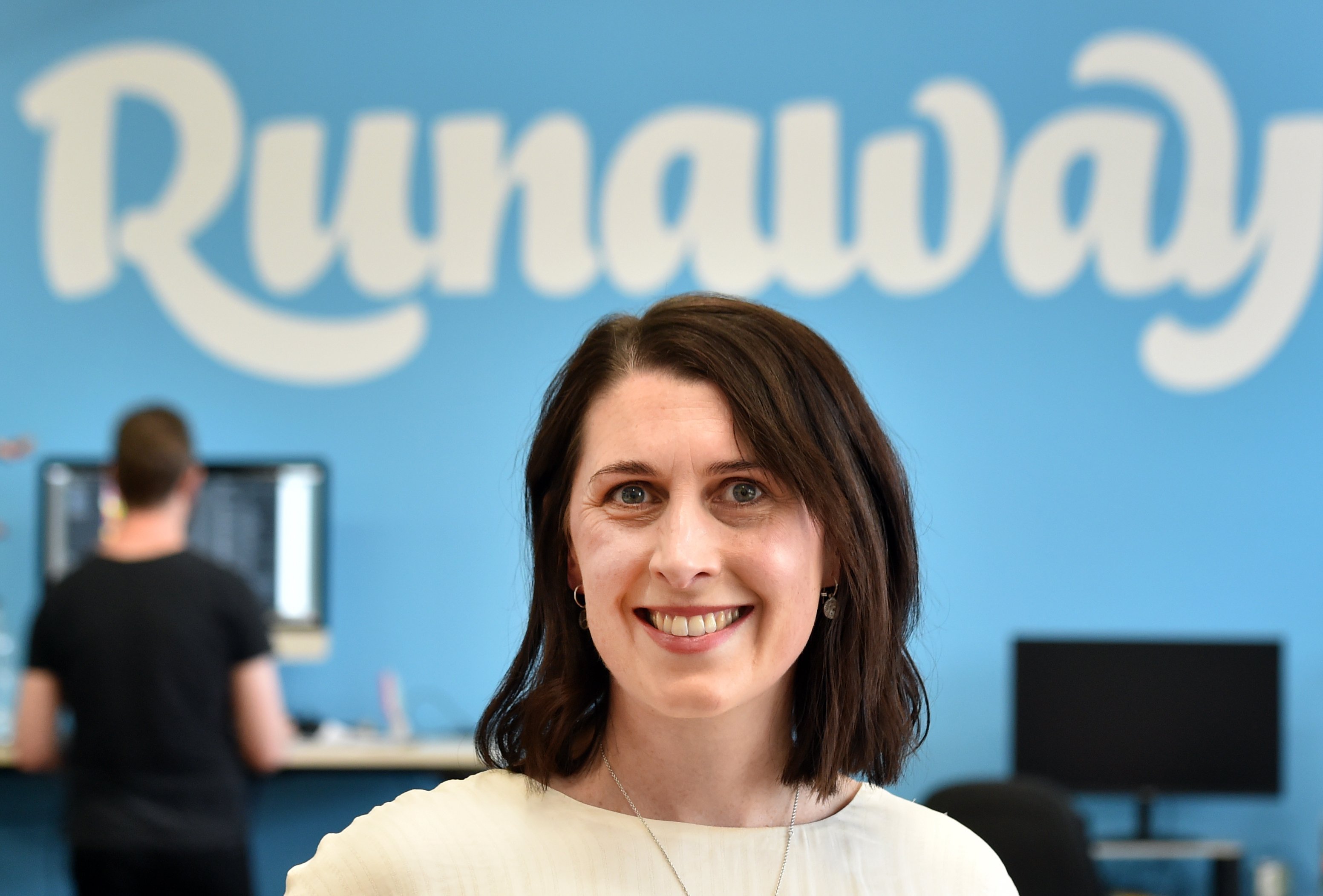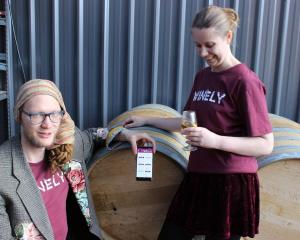
Chief executive Zoe Hobson has echoed a plea from the New Zealand Game Developers Association (NZGDA) to the Government to respond urgently to tax breaks introduced in Australia yesterday, or lose companies and more talent across the Tasman.
Describing it as a "crisis moment", NZGDA chairwoman Chelsea Rapp said three companies, including Runaway Play - believed to be Dunedin’s largest gaming studio - and high-profile RocketWertz, were already either moving some of their operations offshore or assessing a move to Australia.
When contacted, Ms Hobson said Runaway Play had already lost staff to Australia where, in May last year, the Australian Government unveiled a A$1.2 billion package to boost local industry and lure multinational gaming companies to set up shop.
Its central element was a 30% tax break called the Digital Games Tax Offset, and gaming companies in Victoria, New South Wales, Queensland and South Australia get an additional 10% rebate - meaning for every dollar they spend on developing a new game, they get 40 cents back.
While rebates had been around for a long time in other countries, having it come to Australia - "so close to home" - had been a real challenge, Ms Hobson said.
"We don’t want to, but I think it’s just one of those things, we’d be pretty foolish not to be investigating it," she said.
The rebates meant increased pressure on talent in New Zealand, where hiring was already very challenging, and on studios to consider Australia as a potential base or addition.
Founded in 2009, Runaway began as the games division of Natural History New Zealand. It is now owned by former Natural History owner David Haslingden’s Racat Group.
Ms Hobson said Runaway Play was very committed to Dunedin and to its 34 staff and none of that would change. But the issue was about future growth.
The Government needed to act fast. The industry did not have national Government support at the scale of Australia.
"Businesses can’t wait a couple of years for something to maybe happen. It needs to happen and happen now," she said.
Otherwise, New Zealand would lose both talent and intellectual property and that did not make commercial sense in what was a high growth industry, she said.
The video game industry is estimated to bring in $1 billion in export revenue by 2025 if it can continue on its current trajectory and avoid an exodus.
The NZGDA has been calling on Digital Economy Minister David Clark to counter the tax break for 14 months.
Ms Hobson said growth in Dunedin’s gaming scene, since the Centre of Digital Excellence (CODE) was set up in 2019, had been "huge", in terms of both the number of jobs and games created, and had happened fast.
CODE had shown what was possible. "Imagine if we extended support nationally ... imagine what that could look like," she said.
RocketWertz founder Dean Hall said the company was researching two locations in Australia for an extra studio which could employ another 50 people.
- Additional reporting The New Zealand Herald














